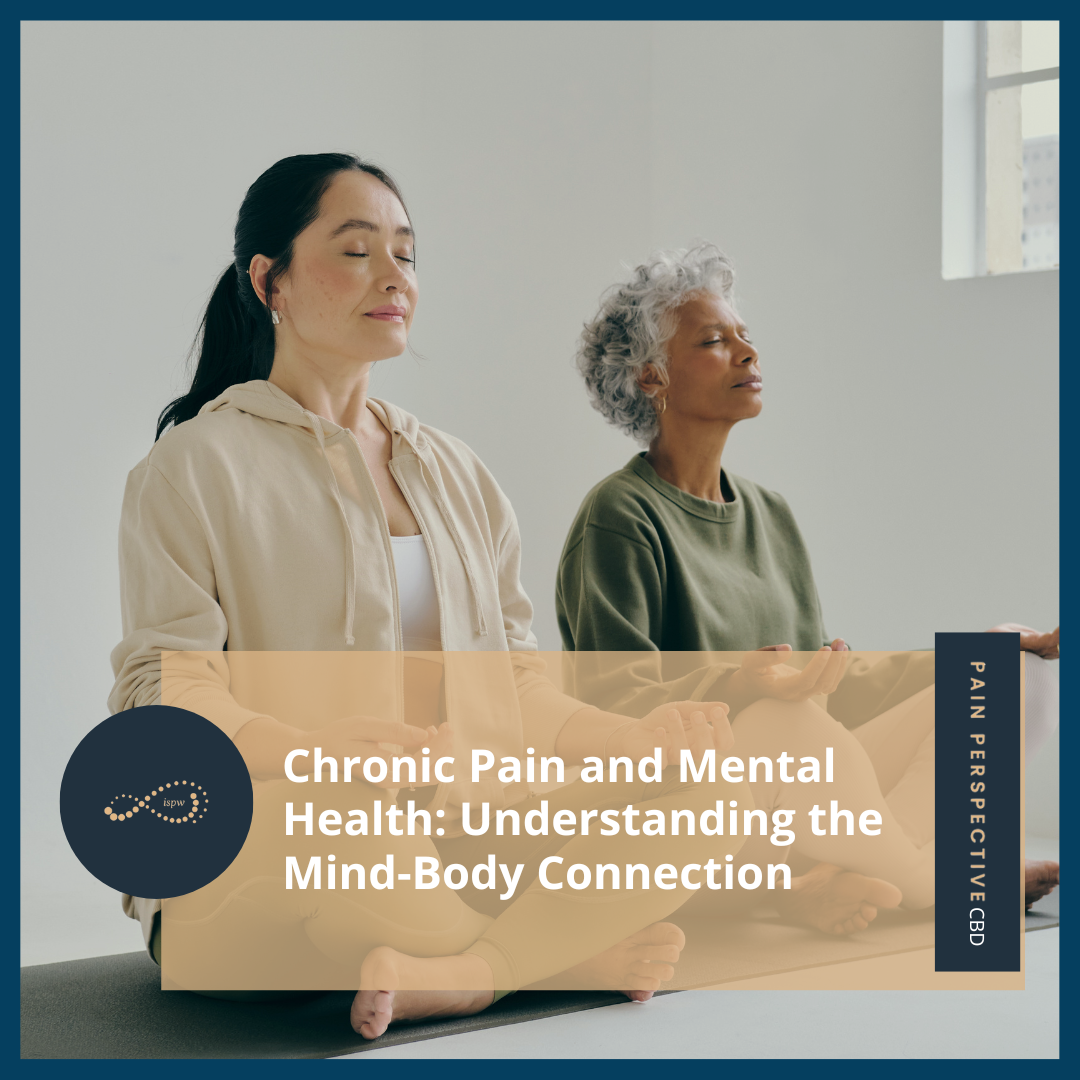
Living with chronic pain isn’t just a physical struggle—it’s an emotional and mental battle as well. The persistent ache, stiffness, or shooting pain can lead to feelings of frustration, hopelessness, and even depression. For many, pain becomes a shadow that clouds every aspect of life, making it difficult to enjoy relationships, pursue passions, or find peace of mind.
This interplay between physical pain and mental health is a cycle that feeds on itself. Pain heightens stress and anxiety, while emotional distress amplifies the perception of pain. Breaking free requires an approach that addresses both the body and the mind, creating a path to total wellness.
The Link Between Chronic Pain and Mental Health
The connection between pain and mental health isn’t just psychological—it’s rooted in your brain’s biology. Chronic pain alters how your brain processes pain signals, often making you more sensitive to discomfort over time. Simultaneously, it impacts neurotransmitters like serotonin and dopamine, which regulate mood and stress responses.
Over time, this creates a vicious cycle:
- Pain increases stress and anxiety: Living with constant discomfort triggers the release of stress hormones like cortisol, which can worsen inflammation and intensify pain.
- Stress amplifies pain signals: High stress levels make the brain more reactive to pain, turning a manageable ache into an overwhelming burden.
- Pain limits coping strategies: The fatigue and frustration caused by chronic pain can lead to withdrawal, decreased activity, and difficulty finding joy in daily life.
The Importance of a Holistic Approach to Pain Management
Because chronic pain impacts both physical and mental health, treating one without addressing the other often leads to incomplete results. A holistic approach to pain management takes the whole person into account—mind, body, and emotions—aiming to improve overall quality of life.
Key components of a holistic approach include:
1. Stress Reduction
○ Chronic pain and stress go hand in hand. Techniques like meditation, journaling, or mindfulness exercises can help calm the mind and reduce the body’s sensitivity to pain.
2. Physical Movement
○ While exercise may feel daunting, gentle activities like yoga, swimming, or walking can reduce stiffness, improve blood flow, and boost mood through the release of endorphins.
3. Emotional Support
○ Therapy, counseling, or support groups provide a safe space to navigate the emotional toll of chronic pain. Cognitive Behavioral Therapy (CBT) has been particularly effective in helping people reframe their pain experiences.
4. Healthy Sleep
○ Poor sleep exacerbates both pain and emotional distress. Prioritizing rest through a calming bedtime routine can help the body and mind recover overnight.
5. Nutrition
○ A diet rich in anti-inflammatory foods, like leafy greens, fatty fish, and berries, supports both physical and emotional health.
Managing Chronic Pain Through Mental Wellness
Addressing your mental health can significantly impact how you perceive and manage chronic pain. Research has shown that practices aimed at improving mood and reducing anxiety can also help people feel less overwhelmed by their physical discomfort.
- Mindfulness Practices: Techniques like meditation or deep breathing help the brain process pain signals differently, reducing the intensity of discomfort.
- Gratitude Journaling: Focusing on small positives each day can shift your mindset, helping to counteract the emotional weight of chronic pain.
- Social Connections: Isolation often intensifies both pain and depression. Staying connected with friends, family, or support groups provides emotional relief and distraction from discomfort.
Restoring Balance: Finding What Works for You
Every person’s experience with chronic pain and mental health is unique, and what works for one may not work for another. The key is to build a toolkit of strategies that support both your physical and emotional well-being. By addressing the mind-body connection, you can begin to shift from surviving to thriving, even in the face of chronic pain.
Disclaimer: This article is for informational purposes only and does not constitute medical advice. Always consult with a healthcare provider for diagnosis or treatment of chronic pain, mental health conditions, or related concerns.
